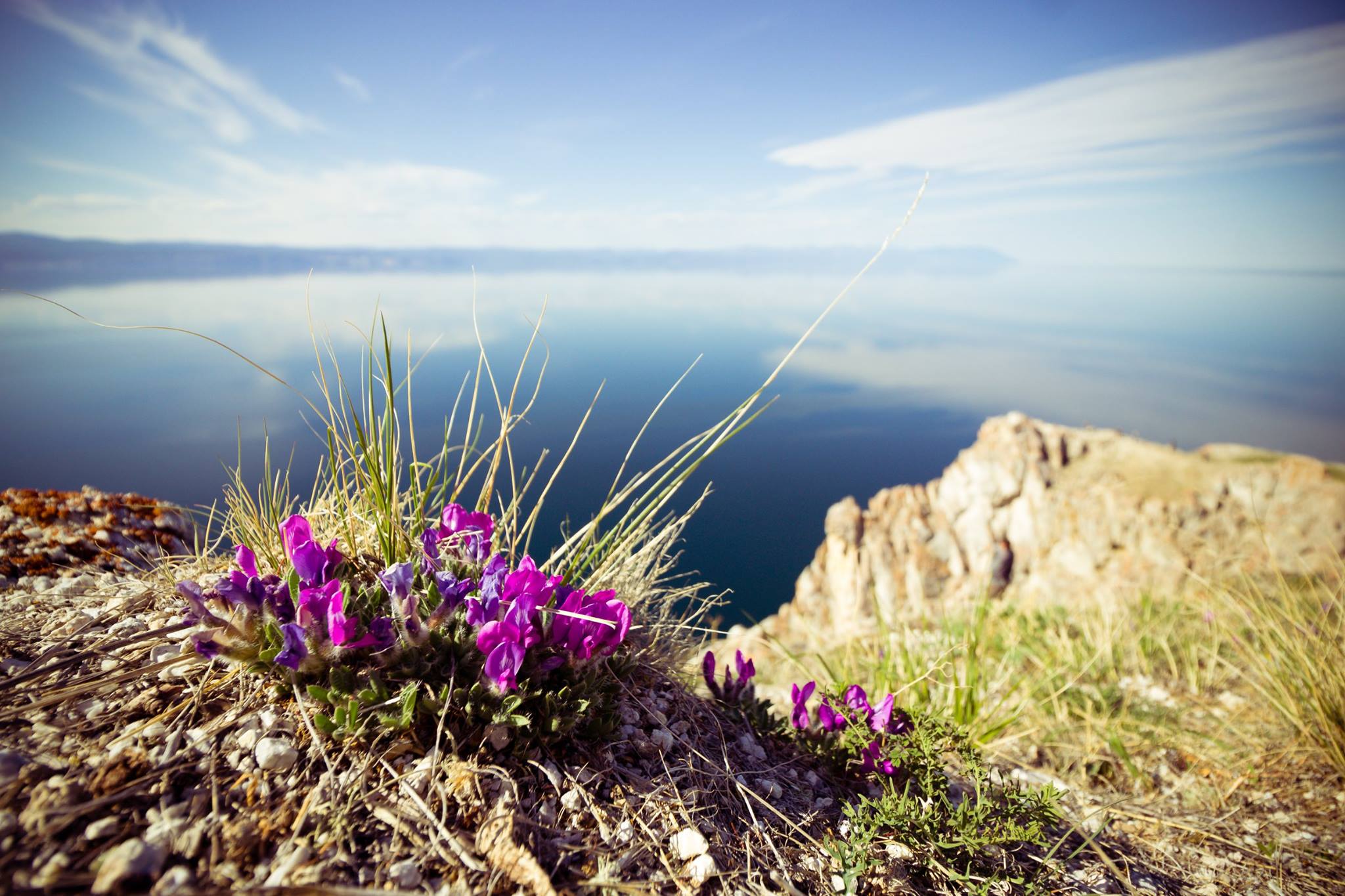
Located in southern Siberia and easily accessible from the cities of Irkutsk and Ulan-Ude, it is the largest and deepest freshwater lake in the world.
Ekaterina Turysheva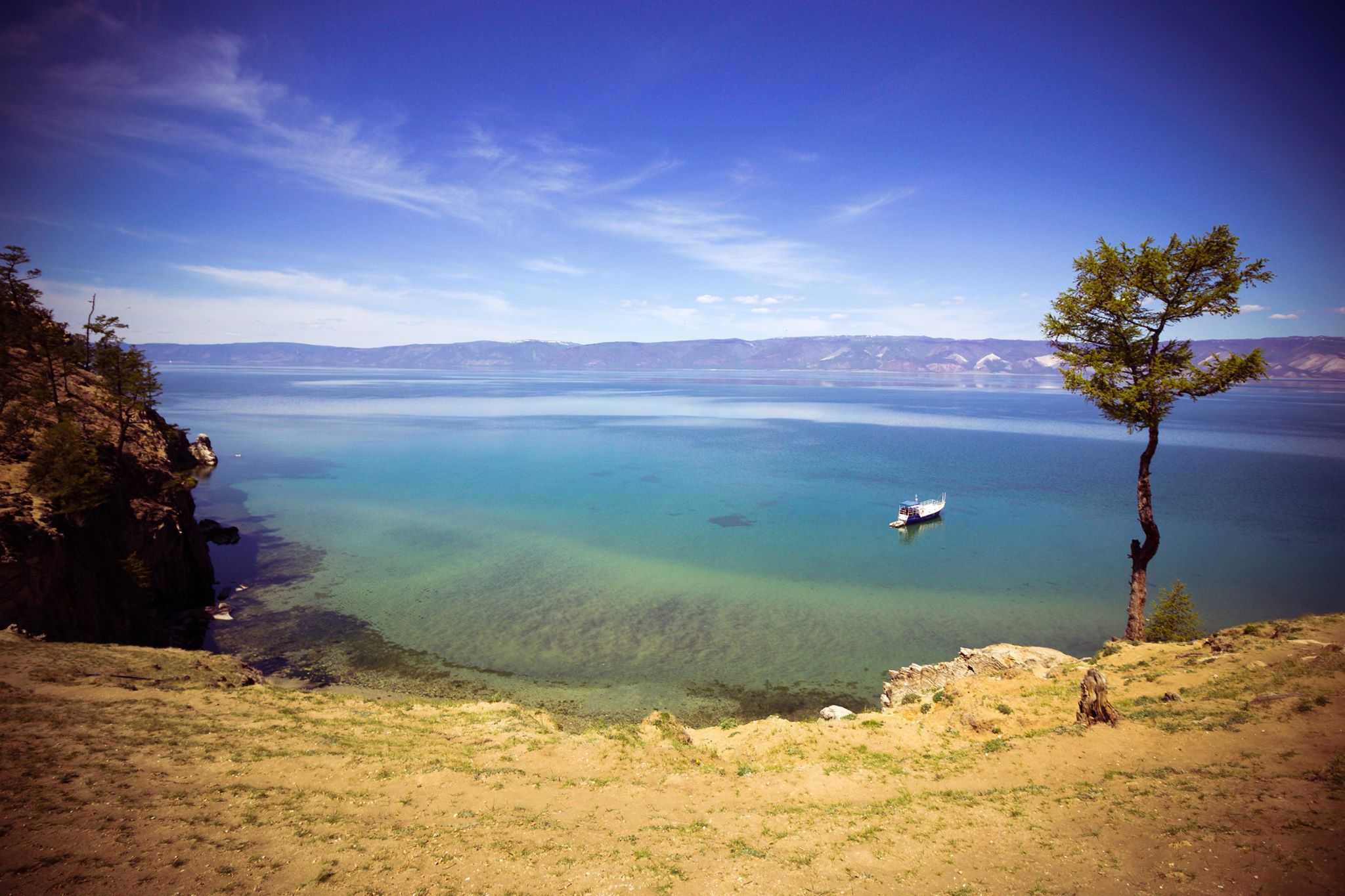
The lake and its surroundings host animal species that cannot be found anywhere else in the world and since 1996 it has been listed among the UNESCO World Heritage Sites.
Ekaterina Turysheva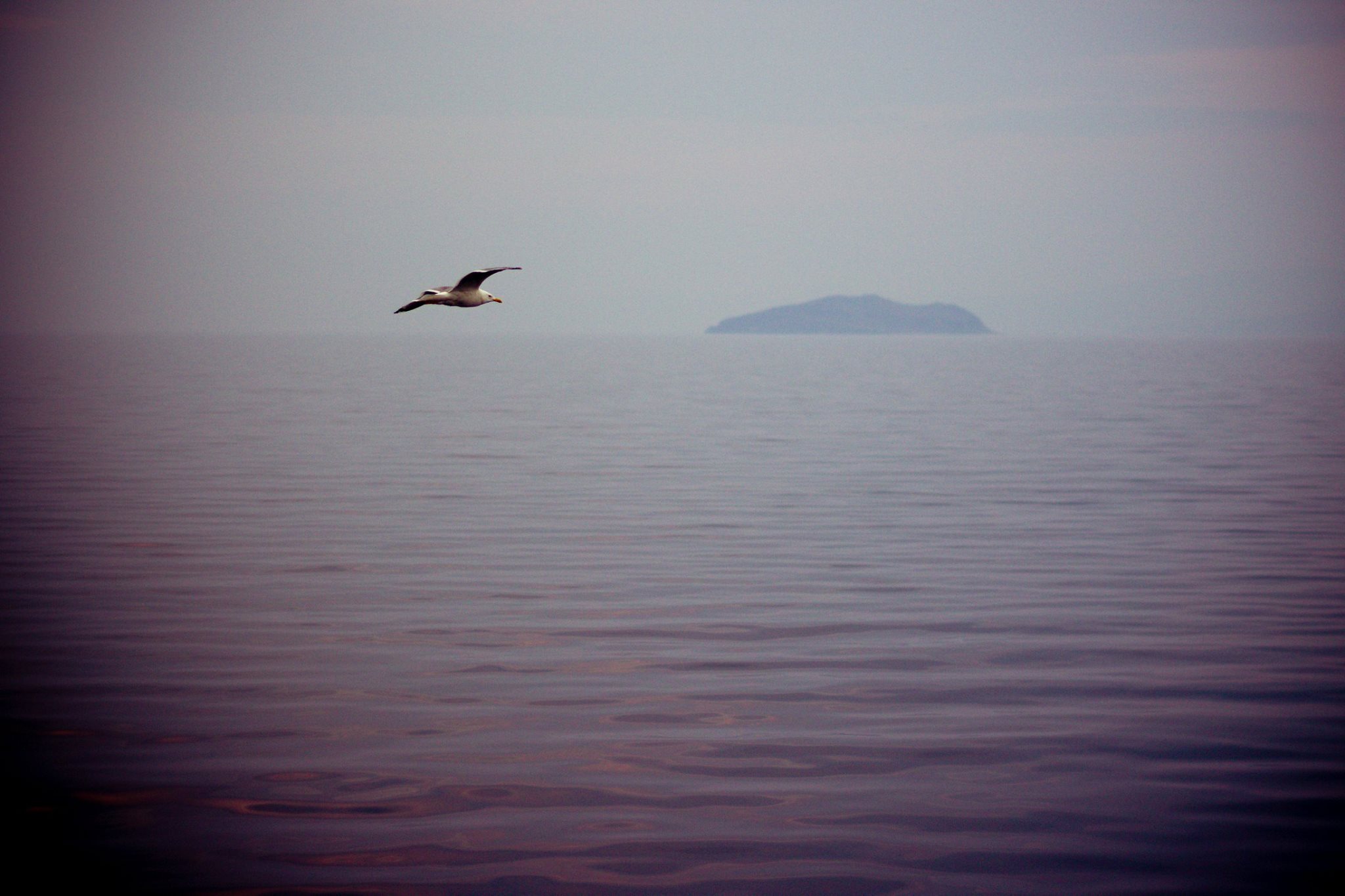
However, industry has also shown a strong interest in Baikal, causing damage to the environment and putting the delicate environmental balance of the region at risk. The Baykalsk Pulp and Paper Mill discharged waste in the lake from 1966 to 2013, despite the protests of local residents.
Ekaterina Turysheva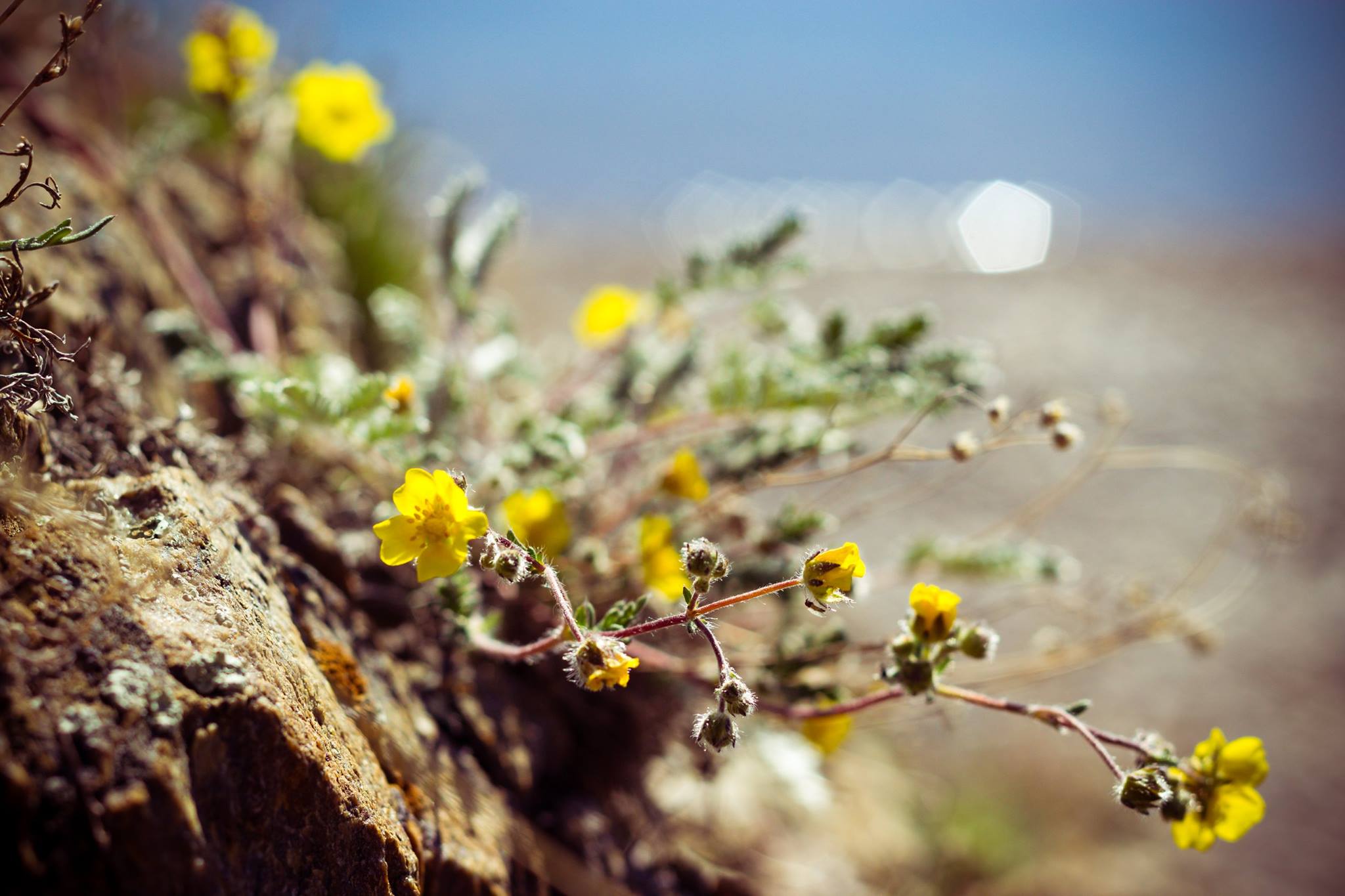
The beauty of the landscape and the uniqueness of the environment have made of Lake Baikal a popular tourist destination.
Ekaterina Turysheva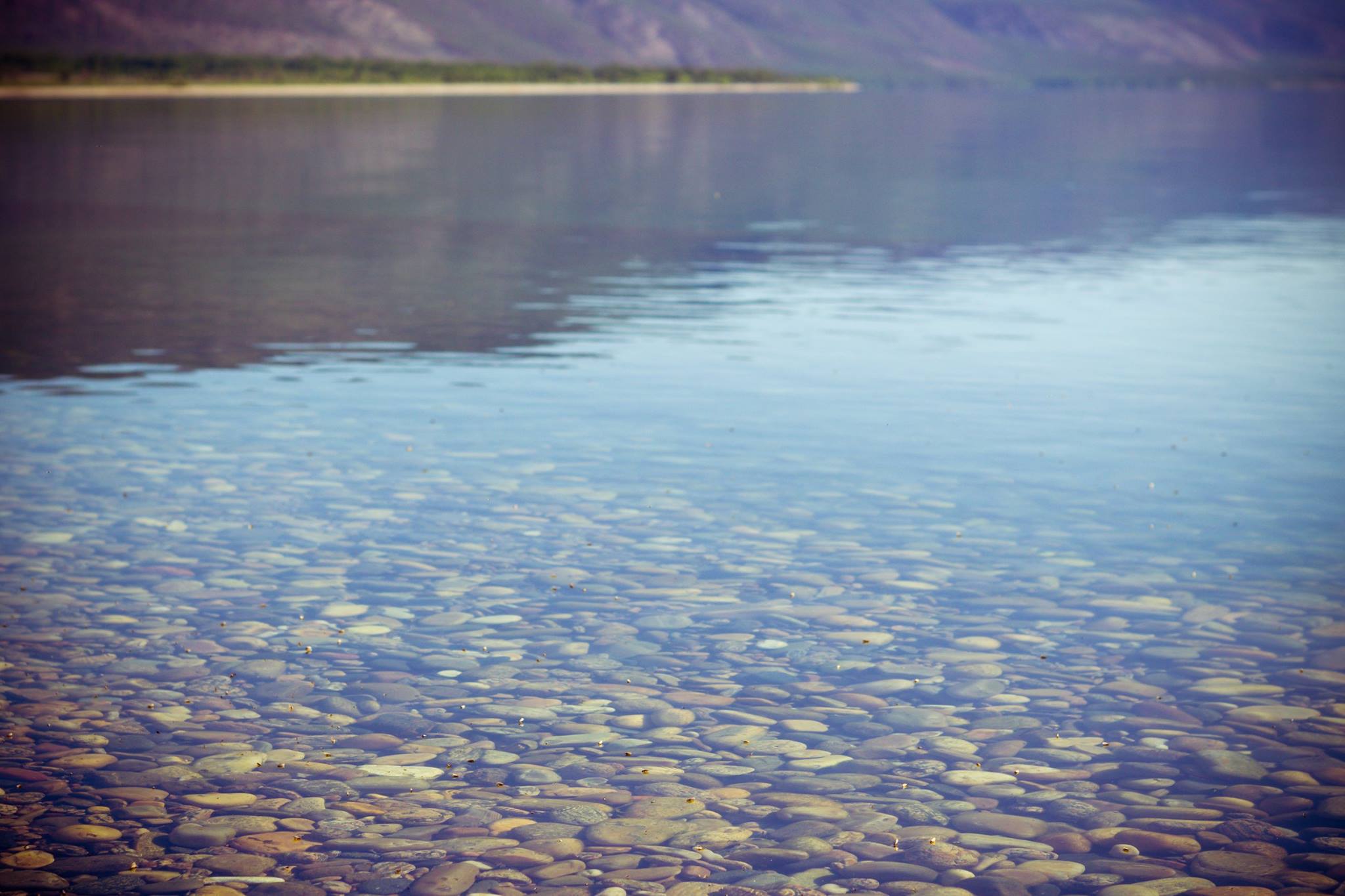
It contains about 20 percent of the world’s unfrozen surface water and is considered one of the world’s clearest basins. It is not surprising that the question of whether or not it might be quite profitable to export its water is often raised.
Ekaterina Turysheva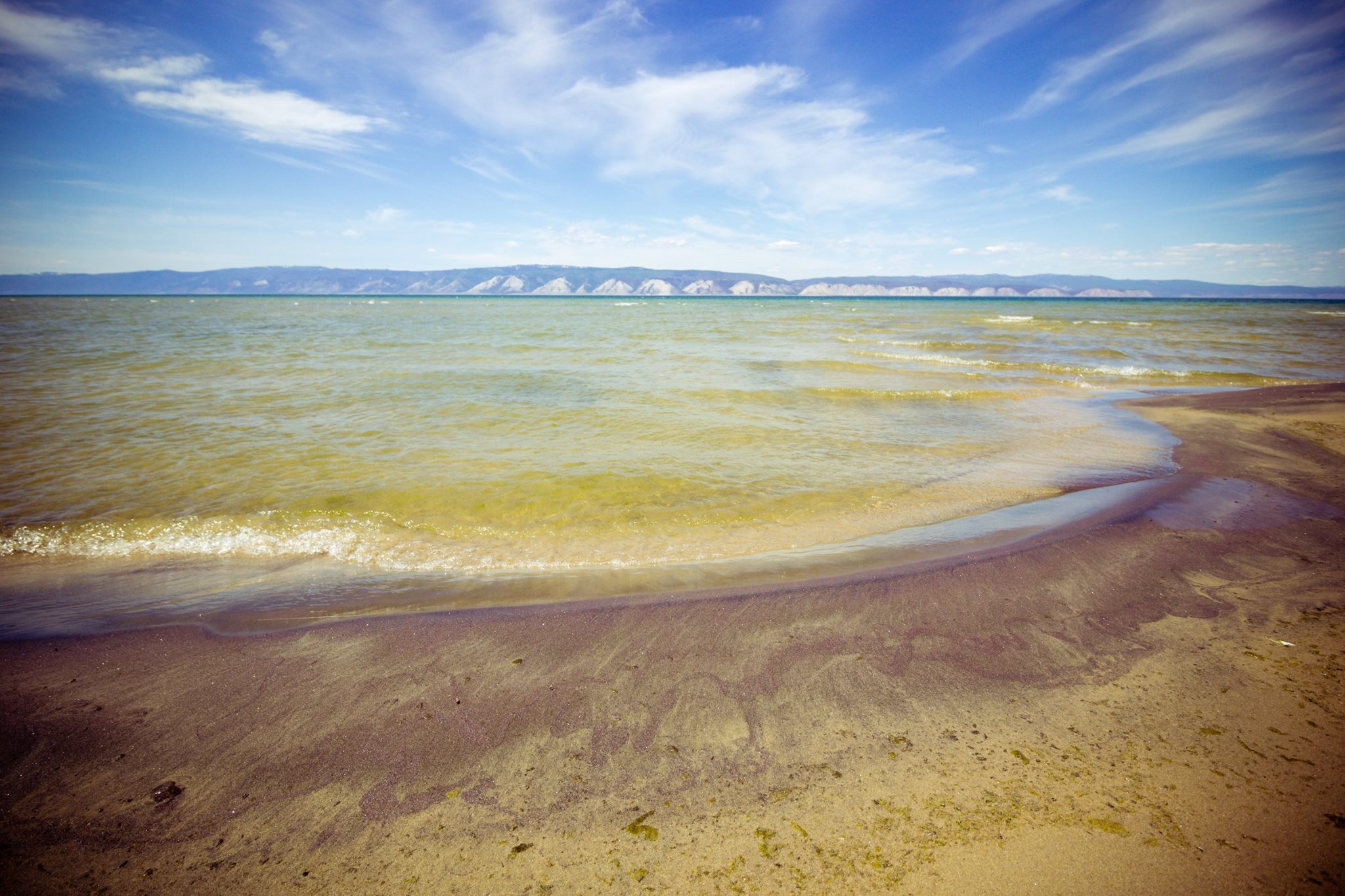
Nowadays an increasing amount of seaweed, due to the presence of liquid waste from tourist facilities and industrial settlements is threatening the lake’s fragile ecosystem.
Ekaterina Turysheva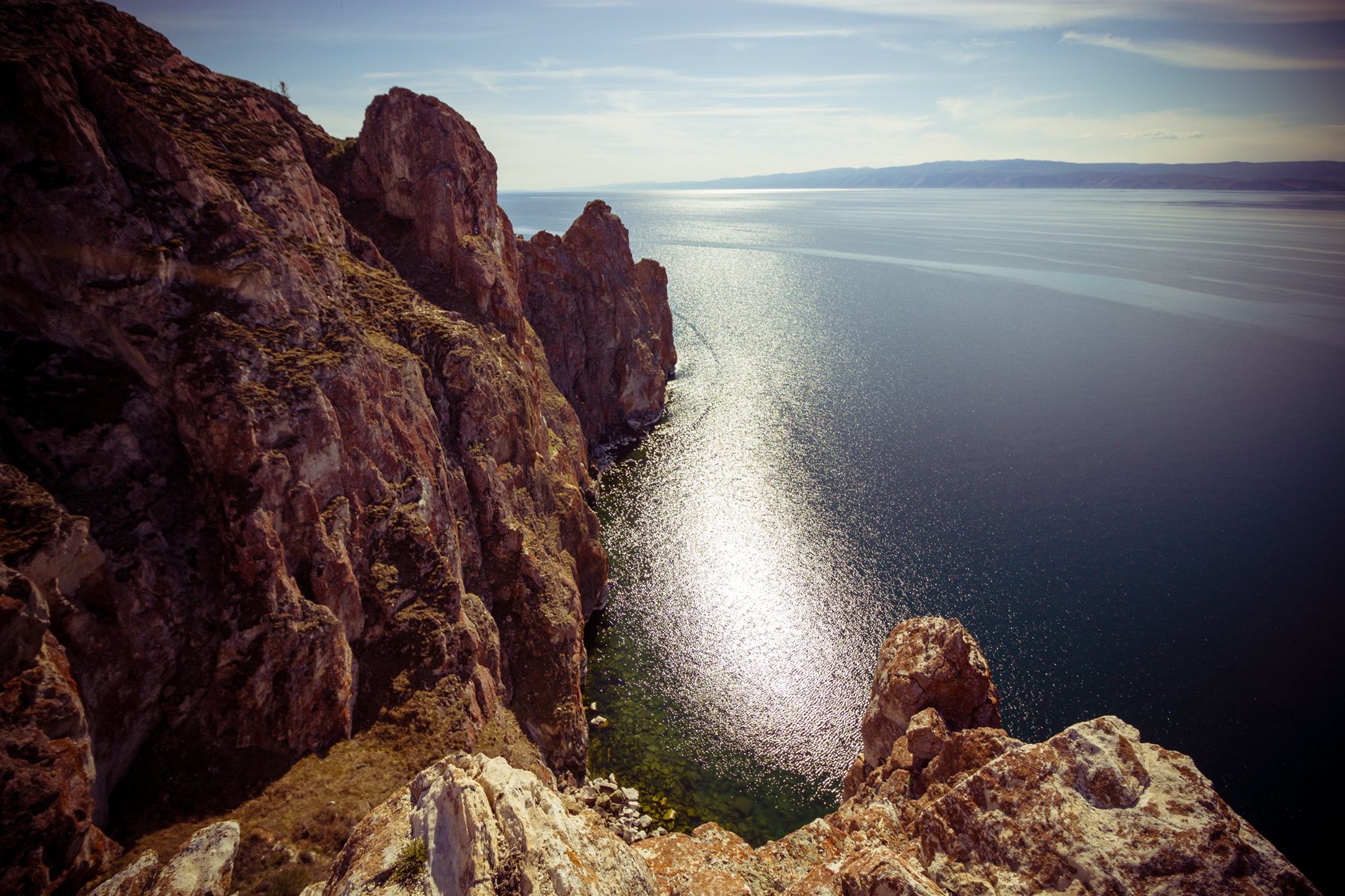
One of the most important events on the calendar is the Baikal Ice Marathon, which takes place every spring and challenges participants to run the standard 42 kilometers and 195 meters (26 miles and 385 yards) across the lake’s frozen surface.
Ekaterina Turysheva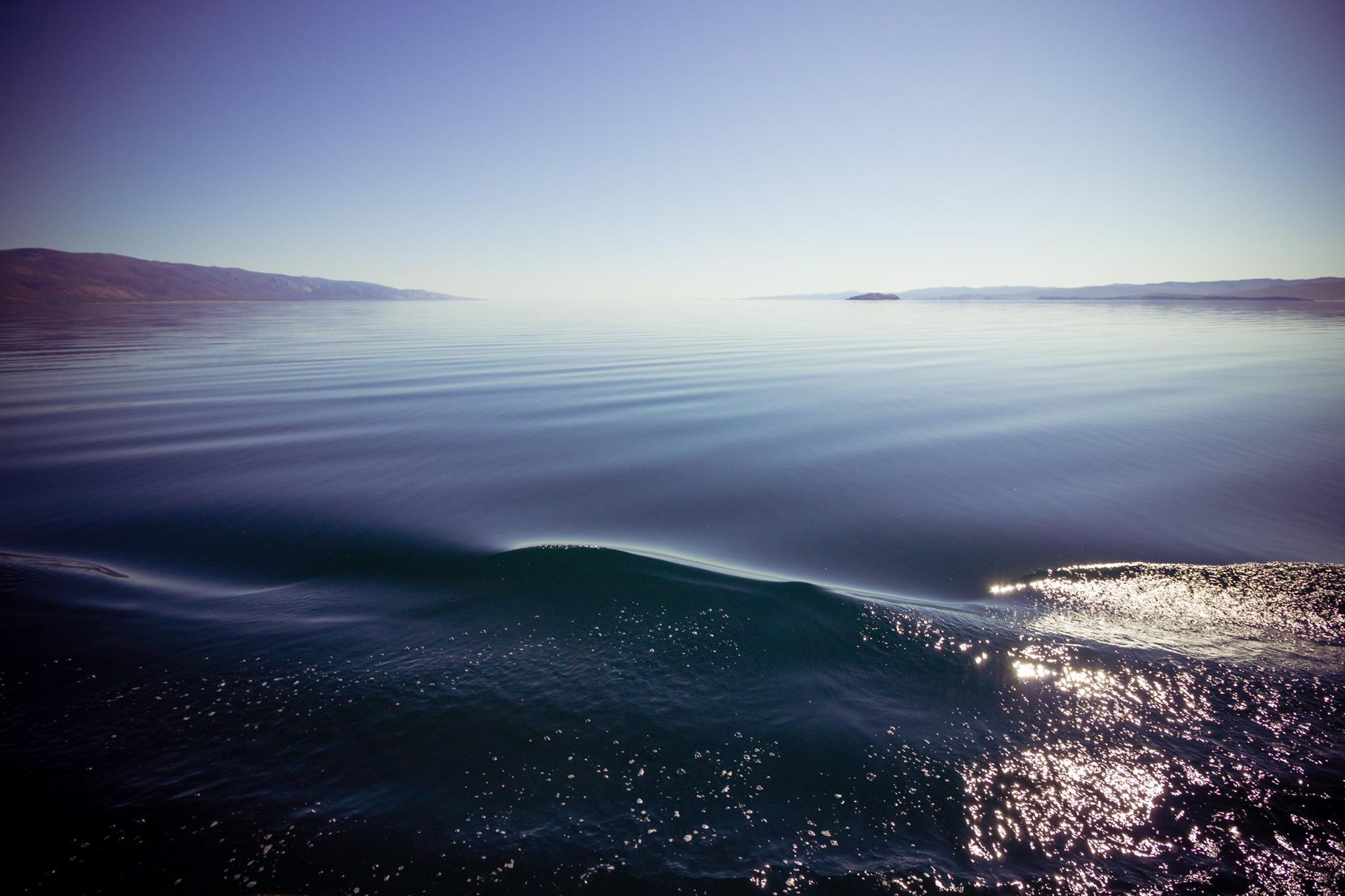
According to the White Book of Lake Baikal, published with the support of the UN Development Program, there are about 40 nonprofit organizations working actively to raise awareness and defend the natural heritage that belongs not only to Russia, but also the world.
Ekaterina Turysheva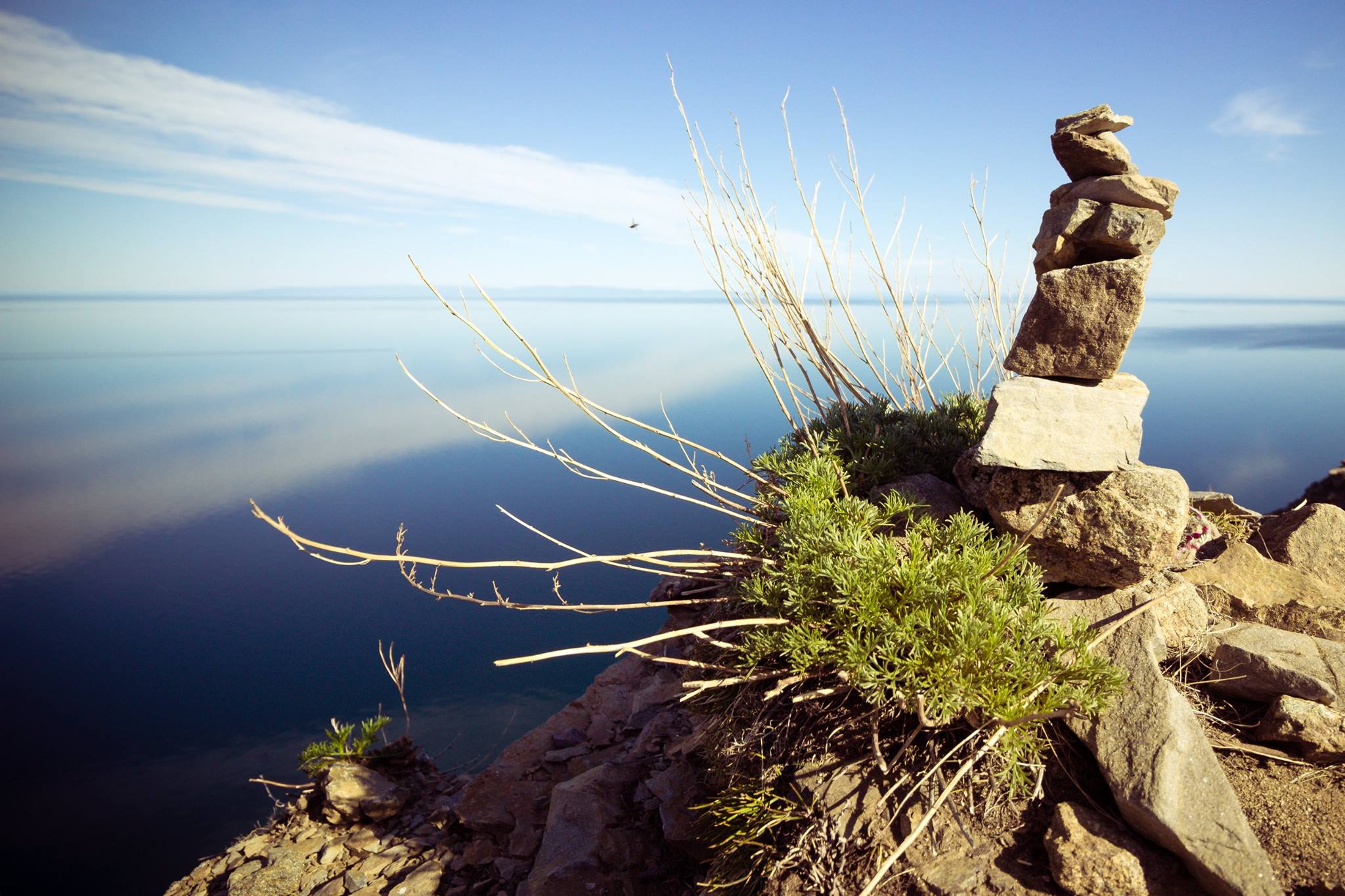
The oil company Transneft had planned to build a trunkline pipeline that would have come very close to the lake’s shore, but in 2006 a state decree mandated that the project be moved 40 kilometers away.
Subscribe
to our newsletter!
Get the week's best stories straight to your inbox